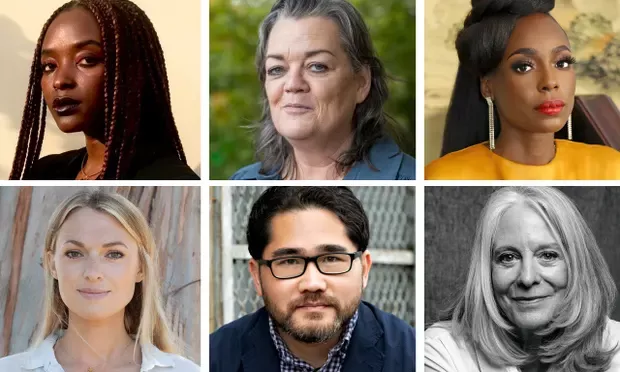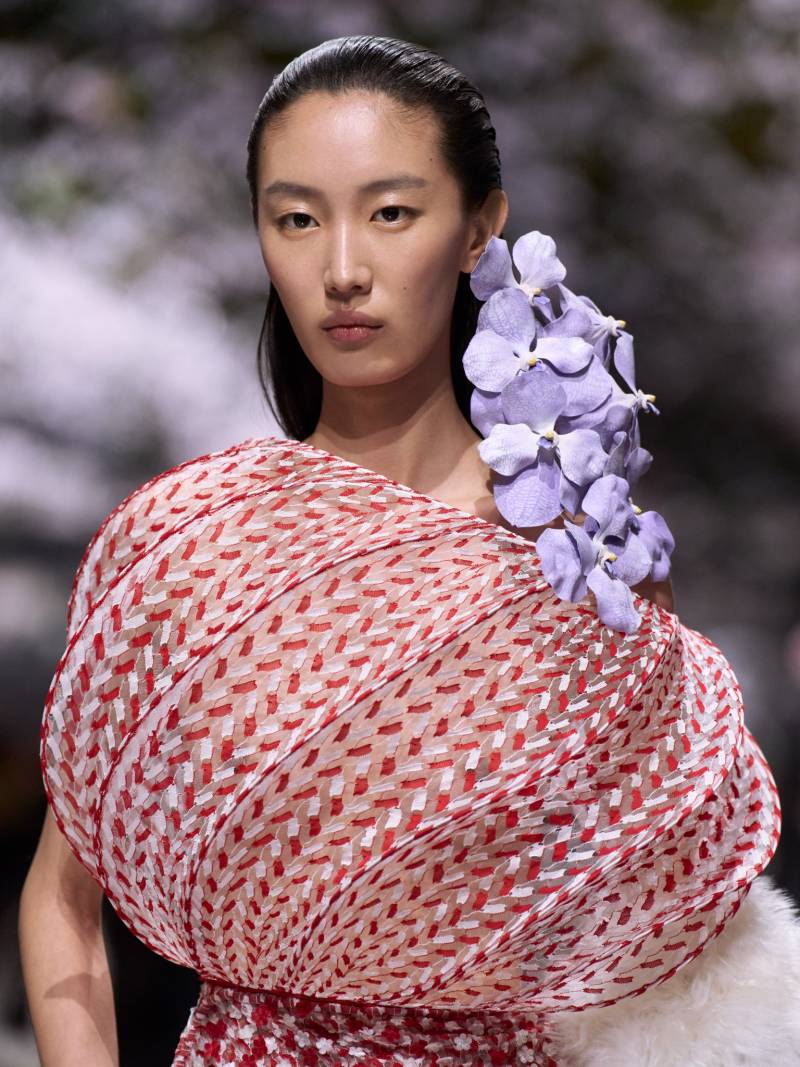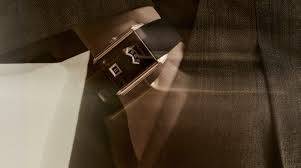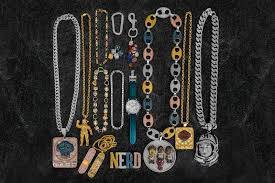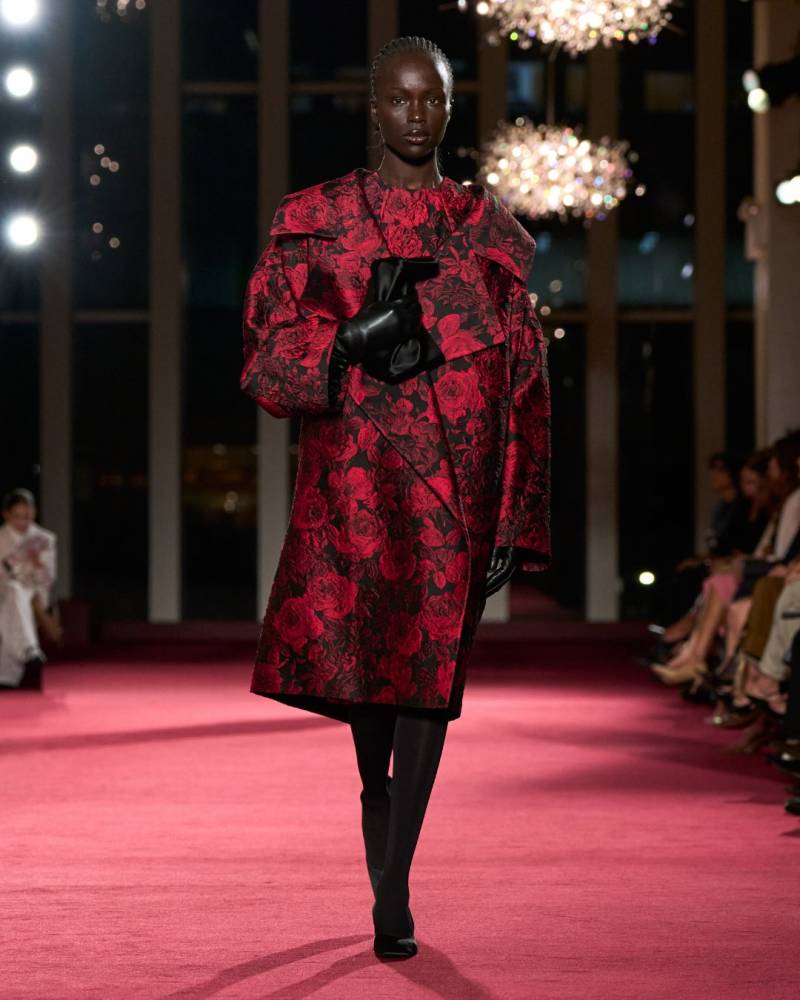Six “bold and original new voices” have made the shortlist for the inaugural Waterstones debut fiction prize.
The list, voted for by booksellers from Waterstones, includes Sequoia Nagamatsu’s “extraordinary” science fiction novel How High We Go in the Dark, Eloghosa Osunde’s “bold and beautiful mix of folklore and realism”, Vagabonds!, and Tara M Stringfellow’s celebration of Black womanhood, Memphis.
Also on the shortlist are Bonnie Garmus’s bestselling Lessons in Chemistry, Tess Gunty’s “assured and truly memorable” The Rabbit Hutch, and Louise Kennedy’s Trespasses, described as a “blistering and tender snapshot of life in 1970s Belfast”.
Read Also: Africa’s wildlife parks managers meet to boost conservation
The Waterstones debut fiction prize is for debut fiction in all forms, and aims to be an “extension and catalyst for the alchemy of bookseller word of mouth recommendation”. The winner will be chosen by a panel of Waterstones’ booksellers.
Bea Carvalho, head of fiction at Waterstones, said that the “exceptional quality of submissions” for the prize signified a “bright and exciting future for fiction, and our six finalists represent the dazzling scope of storytelling talent amongst this new generation of novelists”.
The books take readers “from 1970s war-torn Belfast to space travel via modern Lagos’s spiritual underbelly and the political landscape of contemporary America,” she said, adding: “This is a truly global shortlist, which broadens horizons and challenges genre.” While covering a broad range of settings and themes, the shortlisted novels are “united by a generous capacity to find hope, light and community in the unlikeliest places; they are all timely and important novels by writers of staggering ambition and talent”, she continued.
Lessons in Chemistry, which is being adapted for an Apple TV+ series starring Oscar winner Brie Larson, is set in the 1960s and follows scientist Elizabeth Zott as she battles inequality through her revolutionary cooking show, Supper at Six, and begins to sow the seeds for women to challenge the status quo.
Garmus, a copywriter and creative director who has worked for clients in the fields of technology, medicine and education, said that “being nominated for a literary prize is every author’s dream, but being nominated for the very first Waterstones debut fiction prize is, for me, on an entirely different level”.
Stephanie Merritt wrote in her Observer review that Lessons in Chemistry was a “polished, funny, thought-provoking story, wearing its research lightly but confidently, and with sentences so stylishly turned it’s hard to believe it’s a debut”.
Gunty’s The Rabbit Hutch is about Blandine, who lives with three teenage boys who, like her, have aged out of a foster care system that repeatedly failed them. The novel is set over a hot week in July, in an Indiana building whose residents also include an online obituary writer and a woman waging a solo campaign against rodents, and culminates in a bizarre act of violence.
Gunty said she worked on The Rabbit Hutch for five years “in the sincere belief that no one would ever read it”. It was therefore an “incandescent surprise” to receive “such a staggering show of support from Waterstones booksellers”, she said.
Trespasses is set in 1970s Ireland, as teacher Cushla meets Michael, an older, married lawyer from Belfast, in her family’s pub. As the pair embark of an affair, Cushla must learn to strike a balance in a place where tensions are escalating.
Kennedy, who is the author of the acclaimed short story collection The End of the World is a Cul de Sac, said she was “beyond thrilled” to be shortlisted for the prize. Hephzibah Anderson in her Observer review said that in Trespasses Kennedy combined “unflinching authenticity with narrative dexterity and a flair for detail”.
Nagamatsu’s How High We Go in the Dark is about a virus, newly unearthed from melting permafrost, that reshapes life on Earth for generations. It follows a cast of interlinked characters spanning hundreds of years, as humanity endeavors to restore the delicate balance of the world.
Nagamatsu said he had been worried about the novel being labelled pandemic literature and struggling to find readers, so was “indebted to booksellers for seeing the hope and community amidst the dark”.
Working on the book “saved me in a lot of ways over the past few years,” he added. “I hope my book can find new readers to help them through this time, whether it be through placing our historical moment in a new perspective, reminding people to embrace small joys, or escaping to look at the possibilities of who we might become”.
Set in and around Lagos, Osunde’s Vagabonds!, written in “standard” and pidgin English, introduces a number of characters through Èkó, the spirit of Lagos, and his loyal minion Tatafo, as they weave trouble in the city’s streets and through the lives of the “vagabonds” powering modern Nigeria: the queer, the displaced and the footloose.
Michael Donkor in his Guardian review called the book a “raucous debut”, and said it “boldly rails against the pernicious sexual orthodoxies and hypocrisies of Nigerian life”.
Osunde said it was “incredible” to see their novel “continue to go further out in the world, and to be recognized firmly by the prize”.
Stringfellow’s Memphis is about three generations of women in the same family, as Joan returns to her home town in adulthood, having last visited as a child. Stringfellow, a former lawyer, said that her award shortlisting was for “Black women, across this diaspora”.
Waterstones announced its new prize in April this year, just two months before the Costa book awards, which included a category for debut writers, revealed it was closing. Waterstones also runs a children’s book prize and names a book of the year, which covers all genres.
